Conducting Effective Interviews: What to Ask and What to Avoid
Structured interviews for better hiring results
Hiring the right person can make a world of difference to your team, especially in small and medium businesses where every role counts. Let’s face it, interviews can sometimes feel like a guessing game. Without the right structure, it’s easy to get sidetracked or miss key red flags.
Here’s how to run interviews that actually help you hire the right person - and avoid the pitfalls along the way.
Why structure matters
A structured interview isn’t about being robotic - it’s about being consistent. By asking the same set of core questions to every candidate, you make it easier to compare responses fairly and spot who really fits the role (and your team).
Structure also helps keep things on track, especially if you’re busy running a business and don’t have hours to spare. Plus, it shows candidates that you take the hiring process seriously, in-turn reflects well on your company.
Questions that give you real insight
Here are a few go-to questions to help you get beyond the resume when interviewing candidates:
“Can you walk me through a recent project/job you’re proud of?”
This reveals their approach to work, problem-solving skills and how they talk about success.“Tell me about a time when something didn’t go to plan at work. What did you do?”
You’ll learn how they handle pressure or setbacks — a key trait in any industry.“What kind of team environment do you work best in?”
This helps gauge if they’ll thrive in your workplace culture.“What interests you about working with us?”
A good answer shows they’ve done some homework - and that they’re not just applying everywhere.“If you are successful in this role, what would your priorities be in the first month?”
This reveals how proactive and strategic they are - especially useful in leadership or project-based roles.
What to avoid asking (for legal and ethical reasons)
There are a few areas you should steer clear of — not just for legal reasons, but to create a respectful and inclusive hiring process:
Anything personal, like age, marital status, family plans or religion
Questions about health or disabilities (unless it’s directly relevant and handled appropriately)
Citizenship or visa status questions, unless it’s about right to work in Australia
Vague “tell me about yourself” questions, which often lead nowhere or favour confident speakers over skilled candidates
Keep it focused around the job, keep it consistent, and fair. It’s not just best practice, it’s good for business.
It’s easy to rely on gut feel, especially in trades, construction, or hands on industries. But your gut feeling alone can lead to bias. Take notes, score responses, and debrief with anyone else involved in hiring. Over time, you’ll see patterns in what works - and build a more reliable process.
Need help finding the right people?
Even with the best interview questions, finding quality candidates can be a challenge - especially when you’re flat out running a business.
If you’d like a hand shortlisting quality candidates, or want an interview guide to use with your next hire, we’ve got free resources to help you out. Check them out at our Resource Hub.
Or reach out for a free phone call - no pressure, just a chat.



